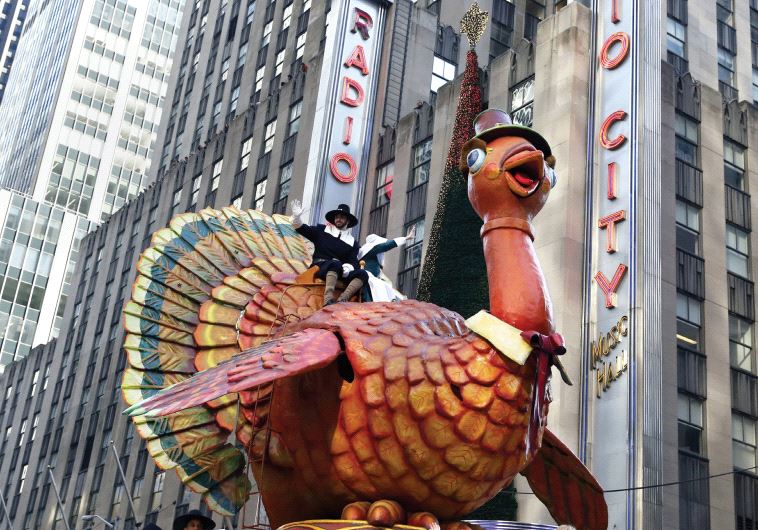Thanksgiving: A Jewish American holiday
Despite the recent rise of antisemitism in American cities, the Jews of America have earned a seat at the table as Jews and as Americans.
 WHAT ARE the Yiddish words for Turkey, football and obscure relatives you rarely get to see?
WHAT ARE the Yiddish words for Turkey, football and obscure relatives you rarely get to see?